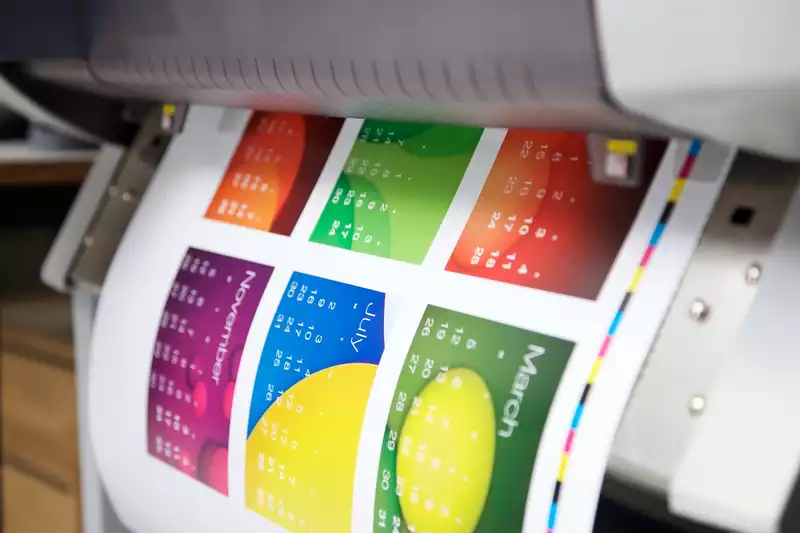How much do you spend on printer ink?
If you are like most people, you are probably a little horrified That's because too often we don't consider the cost of cartridges when we buy a printer Because too often we don't consider the cost of the cartridges when we buy a printer
And that is a problem
In reality, there is much more involved in buying a printer than just price Different printers are designed for different use cases, so the make and model are equally important And it also has to do with ink costs To ensure that you get your money back, you must first understand your needs and which type of printer is best suited for them
For posterity's sake, let's keep it to the three most popular types
Inkjet printers work by spraying tiny ink droplets onto the page They are one of the oldest types of printers and also one of the most popular Generally, they are best suited for home users who need to print in color but don't want to spend a lot of money up front, and they tend to be excellent at transferring high-quality images onto the page
Inkjet printers use cartridges and have lower initial costs than alternatives The trade-off is that they have lower page yields and are more expensive to replace frequently Of the three printers discussed here, these printers generally have the highest cost per page Therefore, the cheapest inkjet printers should be avoided
Laser printers use heat combined with a special powdered toner They are suitable for home office and business users with incredibly high print volumes Laser printers tend to be very good at printing black-and-white and color business documents, but are less suitable for photographs
While toner cartridges tend to be expensive, they can usually print thousands of pages before needing replacement Another advantage that laser printers have over other printers is that the cartridges do not dry out even if unused for long periods of time
Ink tank printers work similarly to inkjet printers, except that they use ink bottles instead of ink cartridges They are generally more expensive, but they combine the advantages of laser and inkjet printers, have high print quality, very low printing costs per page, and can print thousands of pages Ink tank printers are a good choice for users who need to print large volumes of color documents extensively
They also have the same drawback as inkjet printers: if an ink tank printer is not used for a long period of time, its interior can become clogged with dried ink For this reason, one should avoid purchasing ink tank printers if printing is infrequent
Aside from the type of printer, you should also consider what you want (or need) in a device:
It is important to understand that not all printer inks are created equal Some cartridges have more long-term value than others, even if they are made for the same type of printer To save the most money, you should pay attention to the two indicators already mentioned: cartridge yield and cost per page
For example, high-yield cartridges may cost more initially, but because they are filled with more ink, the cost per page is much lower than a standard yield cartridge The cost can also be significantly lower by buying in bulk The biggest secret to cost-effective printing, however, is
buying compatible non-OEM cartridges, especially when purchased in packs or sets
That's where LD Products comes in A leading online aftermarket printing supply retailer (opens in new tab), LD stocks thousands of high-quality non-OEM cartridges for all major printer brands These cartridges provide the same yield and quality as proprietary inks and toners, but at a fraction of the cost Each cartridge also comes with a lifetime warranty
To drive the point home, just take a look at the table below - it shows three of LD's top picks for printers and how their prices compare to their own prices
Buying a printer can be confusing and overwhelming, but it doesn't have to be Understanding your needs, knowing the different printer types, and having a firm grasp of how the cartridges work will not only simplify the buying process, but you can save yourself a ton of money while you're at it










Comments